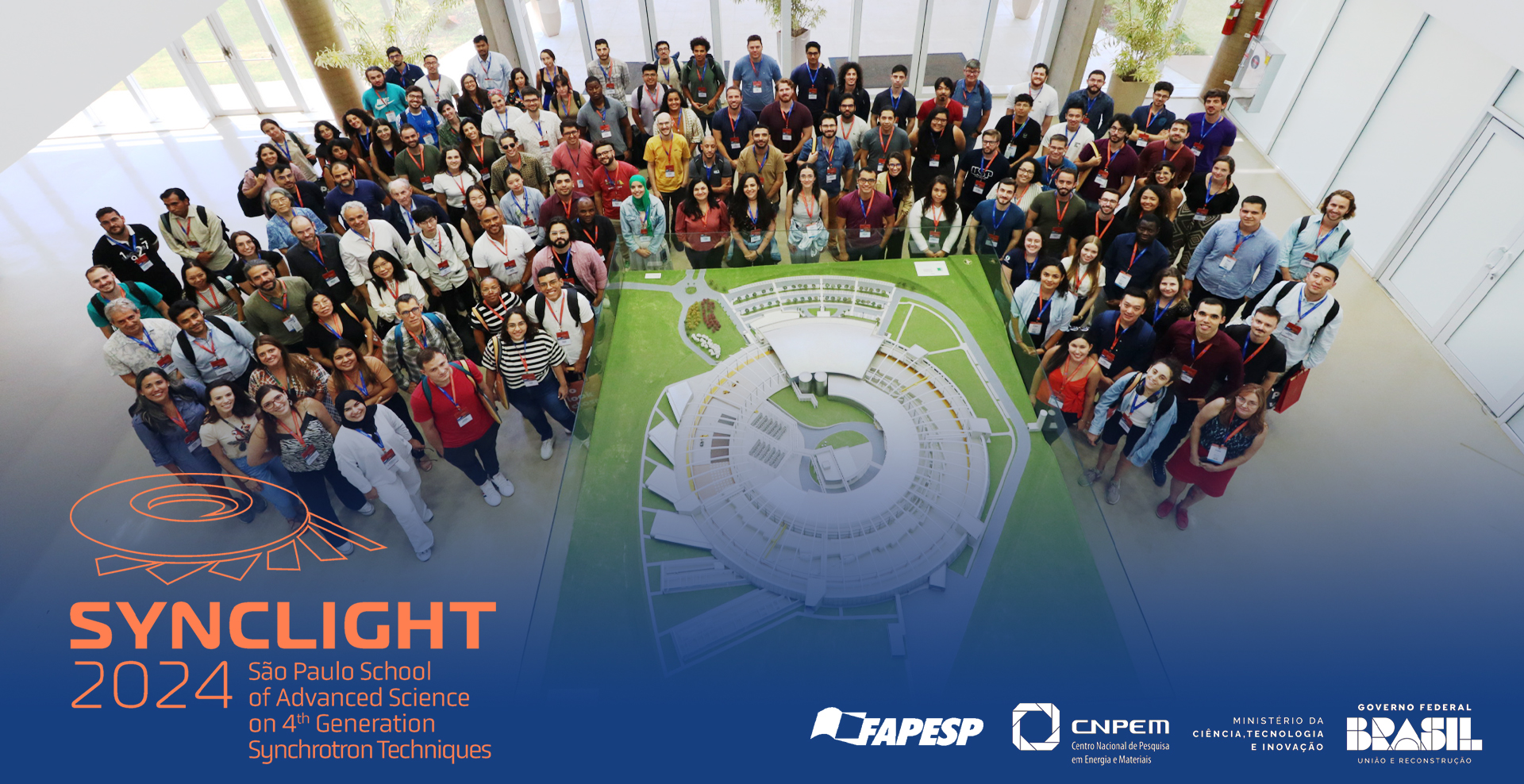JINR at School of Advanced Science on Synchrotron Techniques in Brazil
News, 02 December 2024
From 14 to 25 October 2024, Brazilian Synchrotron Light Laboratory (LNLS) hosted SyncLight 2024, the international school of advanced science in Campinas, Brazil. It was dedicated to the application of modern experimental synchrotron technologies. Brazilian Centre for Research in Energy and Materials (CNPEM) invited young scientists from the Joint Institute for Nuclear Research to participate in the event. They contributed to the discussion of current scientific problems and the development of international partnership.
The intensive event programme included lectures by leading world scientists representing major synchrotron centres such as APS, BNL, ESRF, Diamond, and SLS. The topics covered a wide range of research areas in chemistry, biology, medicine, and condensed matter physics. In addition, thanks to practical classes, workshops, and excursions, the school participants got acquainted with the features of experimental methods implemented at 10 channels of the Sirius accelerator complex, including resonant inelastic X-ray scattering (RIXS), X-ray absorption (XAS) and photoelectron spectroscopy (XPS), magnetic dichroism (XMCD, XMLD), coherent X-ray diffraction imaging (CXDI), high-resolution small-angle X-ray scattering (SAXS), X-ray diffraction and magnetic spectroscopy under extreme conditions, and many others.
“The capabilities of the Sirius complex are really impressive,” noted a SyncLight 2024 participant, junior FLNP JINR junior researcher Olga Lis. “Such a variety of experimental methods allows us to study the microscopic characteristics of materials, including their crystalline structure, chemical state, and spatial distribution. It also makes it possible to conduct more detailed monitoring of the ongoing physical, chemical, and biological processes on a scale of fractions of a second under various external conditions.”
In recent decades, synchrotron light sources have played a crucial role in the development of natural sciences and engineering. Thanks to the wide range of the available experimental technologies, they have radically changed approaches to the study of materials in physics, chemistry, biology, medicine, energy, materials science, environmental research, and many other scientific fields.
